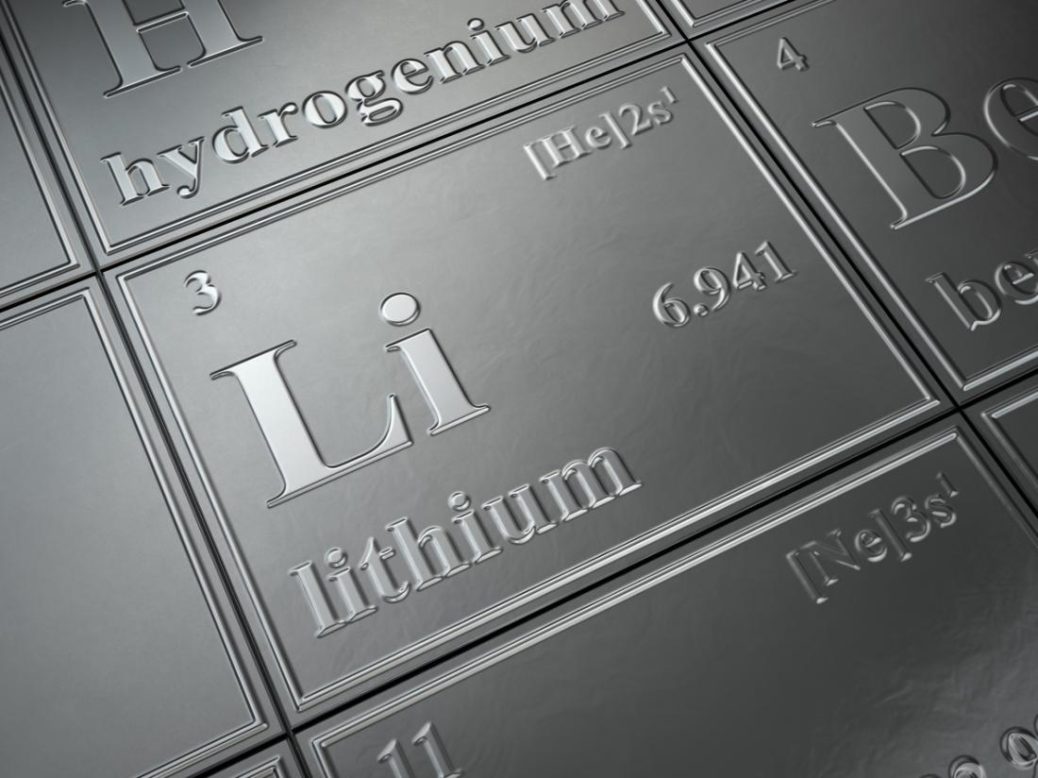When it was first suggested that fluoride should be added in water, there was an outcry on the reasons and repercussions of such an act. So imagine what would happen if now someone suggests that we put lithium in water. This time, it may not be a suggestion. Research conducted over the years has uncovered traceable amounts of lithium in naturally occurring water. It seems like mother nature is trying to tell us something. Why?
Is Lithium Beneficial
Research has shown that lithium is indeed beneficial. Well, imagine having a more natural and cheaper way of reducing the risk of suicide? That’s what lithium gives you.
Lithium works wonders in keeping neurons alive. DR Nassir Ghaemi of Tufts University School of Medicine is an avid proponent of using lithium as a medical solution for mental disorders. He believes that no other component keeps neurons alive as lithium does. He says, ‘Lithium is, by far, the most proven drug to keep neurons alive.’ There have been various studies that prove that indeed lithium is beneficial to humans.
A study was conducted on the effect that lithium has in patients with bipolar disorder. The research showed that when lithium is ingested in therapeutic doses, it worked as a mood stabilizer. This research Proves that lithium can be used to treat bipolar disorder.
Another research carried out in Texas in 1990 found that counties within the state that had tap water with higher lithium levels experienced lower suicide rates than the states with water that had lower lithium levels. Similar research was carried out in Japan. This time it was conducted in some municipalities over a five year period. The research uncovered that the cities in Japan with water having higher lithium levels had fewer suicide cases than the cities with lower lithium levels in their water.
Similar research that was carried out in Austria from 2005 to 2009 also gave duplicate results. The study focused on finding information on the suicide rates per 100,000 people in the 99 districts of Austria. They were looking for a relationship between lithium in tap water and suicide. They found out that the districts with higher amounts of lithium in water had fewer cases of suicides.
Should Lithium be added to water
Lithium being added to water is a debate that has been rekindled after years of silence On the issue. In the 19th century, lithium drinks were in high demand. So much that soft drink companies added lithium to their drinks. An example is the Bib-Label Lithiated Lemon-Lime soda (now referred to as 7-Up) which contained lithium nitrate as one of the ingredients. There was also alcoholic beverage companies that used lithium in brewing their beers. Lithium had become so popular that people suffering from heart diseases would be told to avoid regular salt and would be advised to use lithium chloride instead. However, people took in lithium in large toxic doses and with time they started experiencing complications. Eventually, the companies stopped using lithium in their products including beverages and its reputation stained.
However, research has shown that lithium is indeed useful. Lithium has positive psychological health implications if used correctly. It is clear that suicide cases can be reduced and bipolar disorders treated by lithium. And if we were to have lithium in tap water, wouldn’t it be beneficial to many? But more research needs to be done before such a measure is adopted.








